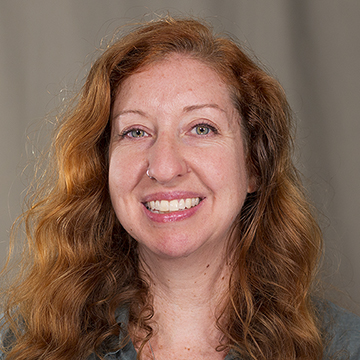Class Schedule
BIOL-F116 Freshman Seminar in Biology (Spring & Fall)
BIOL-M200: Microorganism in Nature and Disease (Spring)
This class is intended for students on planning to enter Nursing, Dental Hygiene, or other Allied Health programs. General studies and students in other non-science majors may also take this class. I will provide a broad overview of microbial life, with a focus on bacteria and their impact on human health. Topics include microbial diversity and function in the environment and the human body, types of infection, typical clinical methods for diagnosis, human immune system response, and methods of treatment. Comparisons between pathogenic and non-pathogenic organisms will highlight the similarities and key differences in genetics and function in these two groups of organisms. Current topics in popular science will be discussed to provide context for fundamental microbiological principles.
BIOL-M310: Microbiology (Fall)
This course is intended for Biology majors and students planning to apply to medical school, dental school, or graduate school. We apply fundamental biological principles to the study of microorganisms and their significance to humans and the environment. I will introduce students to the physiology, genetics, and function of bacteria, archaea, protists, fungi and viruses. Major themes in this course include microbial lifestyles, the physiological differences that allow survival and growth in different environments, bacterial genetics and evolution, infectious diseases, and the human immune response. While some memorization of key terms is required, success in this class will require that students connect facts into larger concepts. The course includes a weekly discussion section in which we discuss journal articles related to lecture topics. May be taken with or without the lab.
BIOL-M310L: Microbiology Lab (Fall)
This laboratory class is designed for Biology majors and is intended to complement and reinforce material covered in M310 lecture. Laboratory exercises include traditional microscopy, staining, and culturing techniques to observe and identify bacteria. I also include modern techniques used in public health, clinical, and environmental fields to quantify and classify different organisms. Students will conduct a research project using the techniques learned in class.
BIOL-M420: Environmental Microbiology (Even years, Spring)
This course will introduce students to important concepts in environmental microbiology, including biogeochemical cycles, microbial habitats, public health microbiology, water and wastewater treatment, and the methods used to observe and measure microbial processes. The class consists of a mixture of lectures, occasional field trips to collect samples, and some lab work to process and analyze the samples. This is not an official laboratory course. Each year, this course will focus on a particular theme in environmental microbiology. This year’s theme is urban water quality.
This class can serve as a capstone course for Biology majors and will also satisfy the Intensive Writing Course requirement. The goal of this course, in addition to learning about the function of bacteria in the environment, is to improve students’ scientific writing skills. Students will learn how to analyze data, how to make appropriate and attractive tables and figures, and how to critique and edit their writing and the writing of their peers. Writing and revision of a review paper that synthesizes information from journal articles in the field will be the central focus of the class.
BIOL-M440: Medical Microbiology (odd years, Spring)
This course is designed for pre-professional students in the health sciences and biology majors who are interested in a deeper understanding of infectious disease and pathogenesis of microorganisms. We will explore the mechanisms by which bacteria, viruses, and parasites cause disease through a combination of lectures and discussion of current research and case studies. Reading and active discussion peer-reviewed primary literature is a key element of the class. This course can serve as a capstone for Biology majors.
BIOL-L403: Senior Seminar (Spring)
The objective of senior seminar is to provide a comprehensive research and presentation experience as a culmination of the Biology major. Students showcase topics of interest in biology that they have investigated through literature, field, or laboratory research. The importance of science communication is stressed through presentation of research at the annual COAS undergraduate research conference.
BIOL-L290 & BIOL-L490: Individual Study in Microbiology (Fall, Spring, Summer)
Laboratory research experience in environmental microbiological techniques. Students will learn classical culture-based and modern molecular methods for analyzing bacteria in the environment. Work will contribute to the overall research projects in Dr. Fisher’s lab. These courses can be taken for up to 6 credits and 3 credits will count toward upper level Biology labs.



